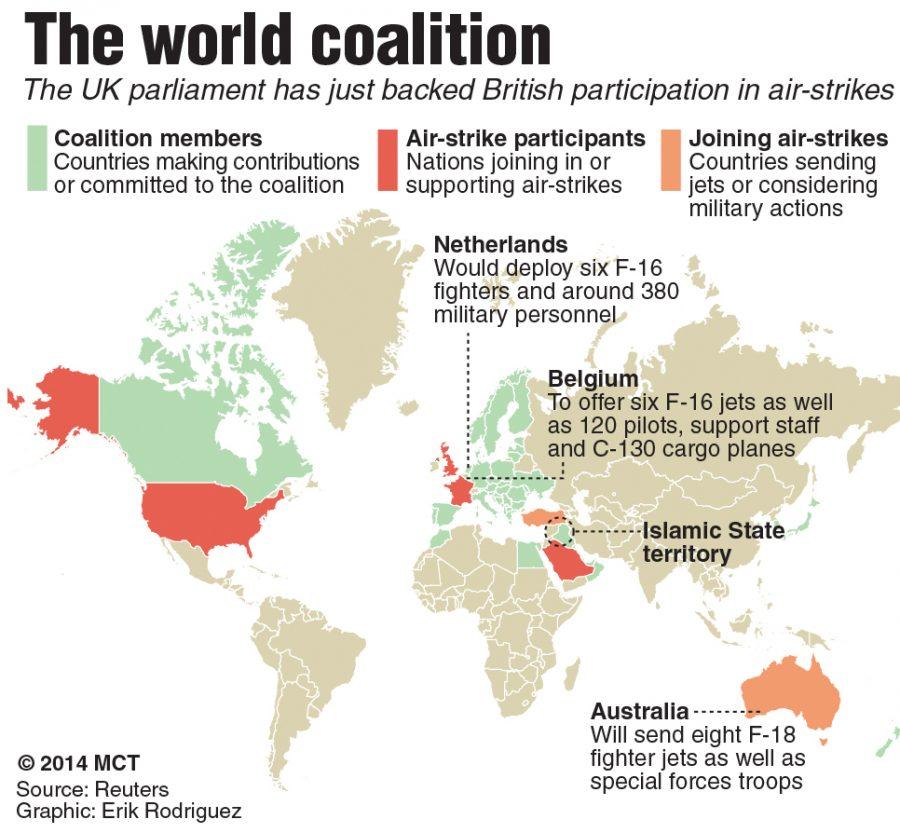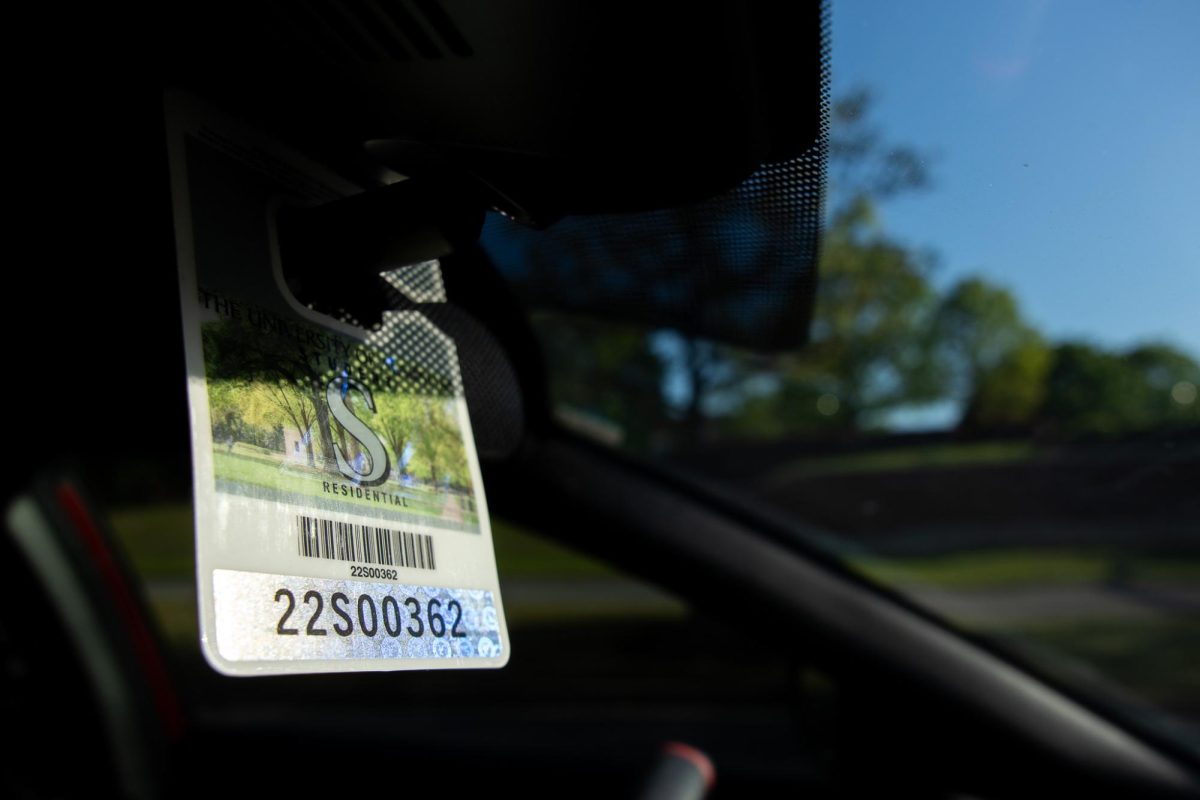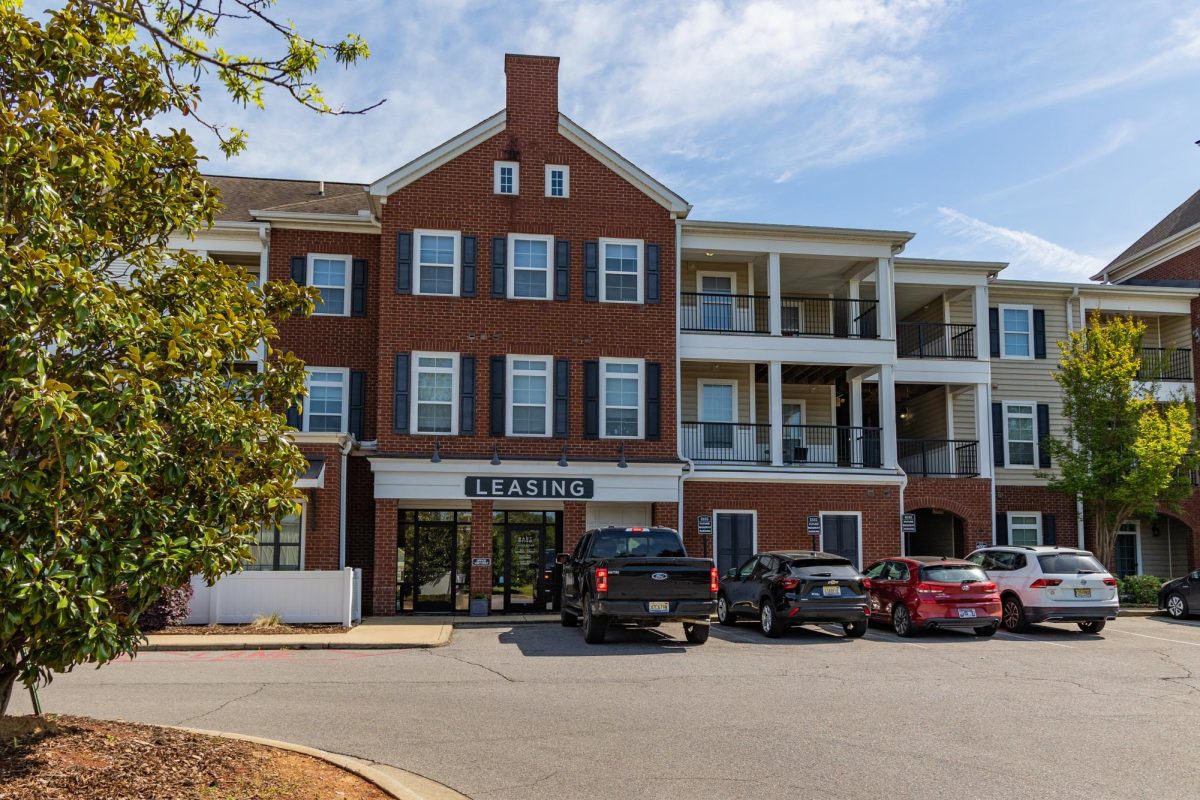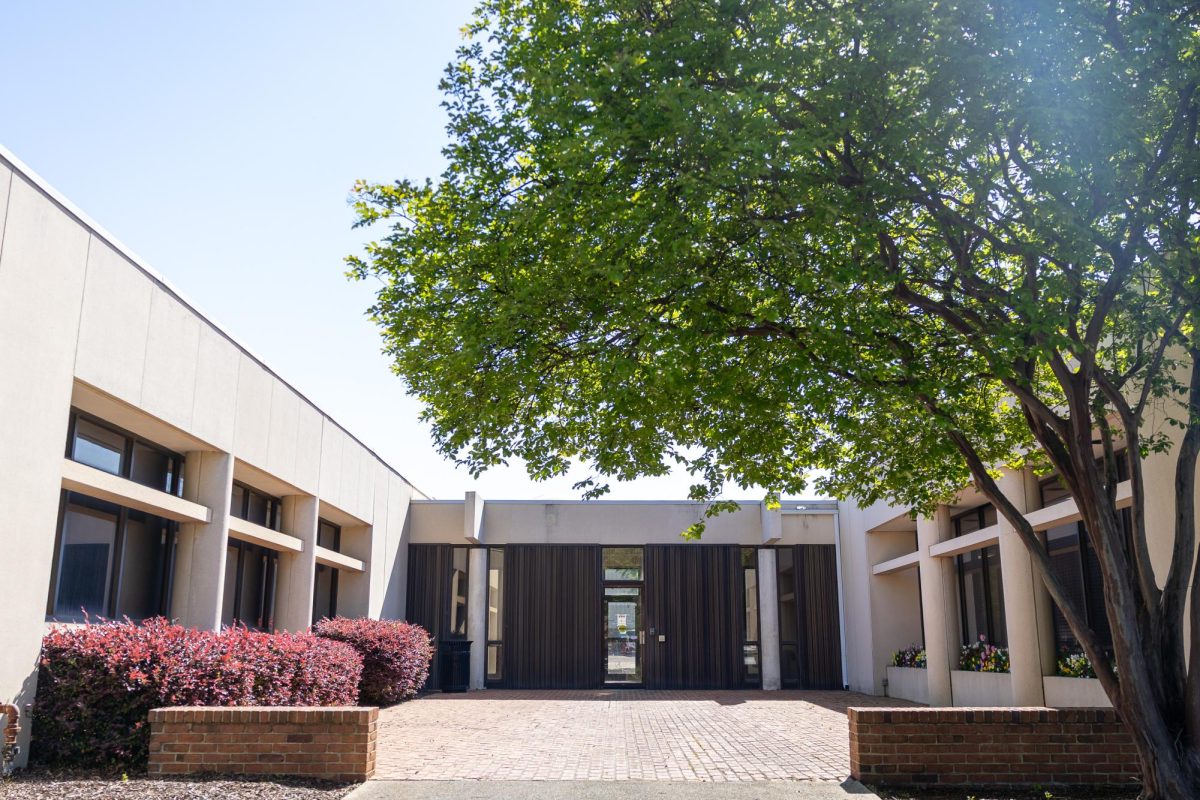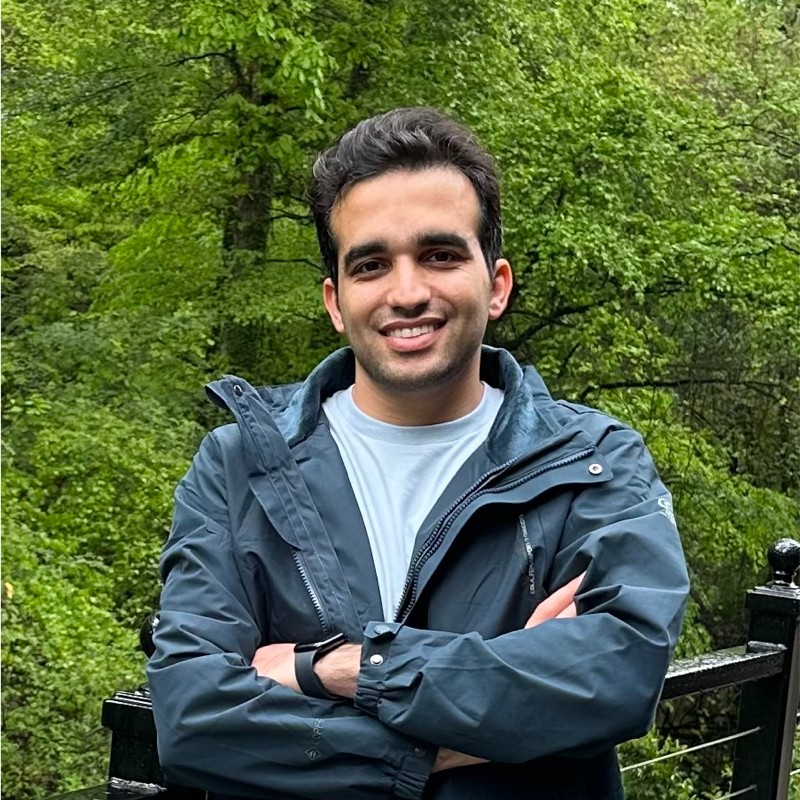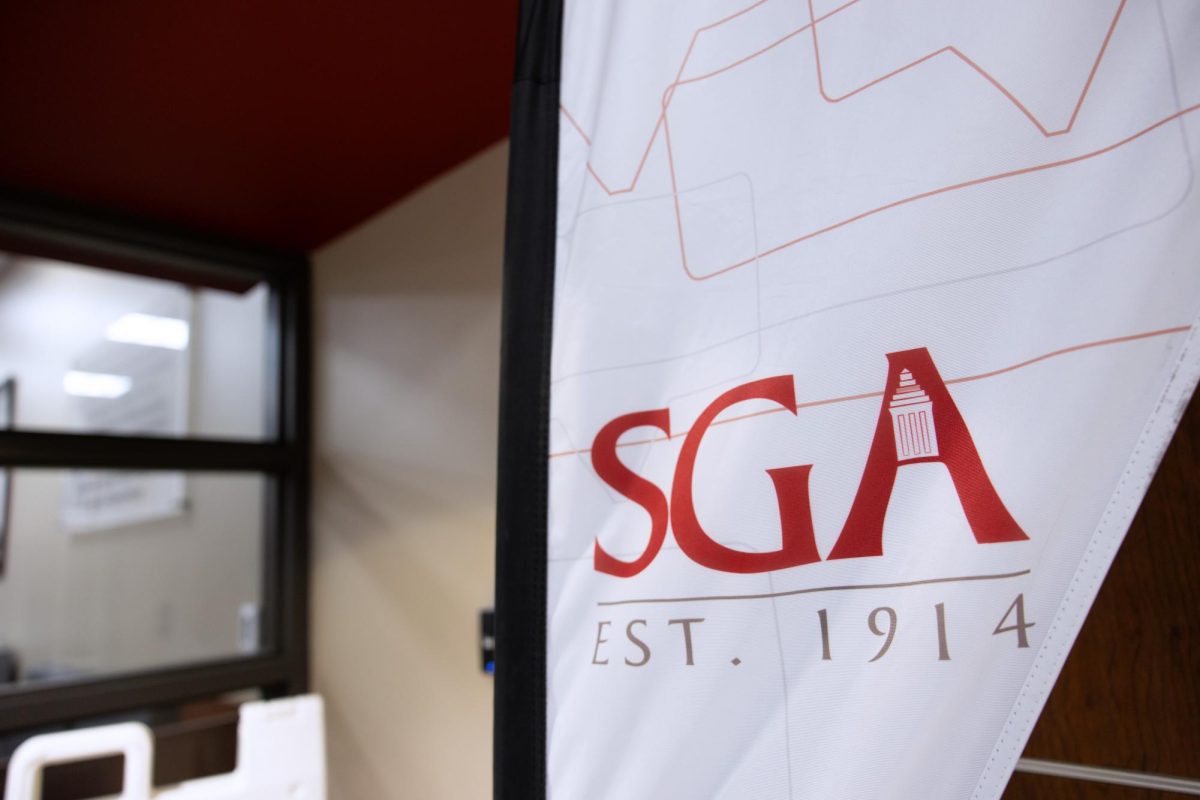U.S. fighter pilots were joined yesterday by British allies in the fight against the Islamic State, whose violence paralyzed large parts of Iraq and Syria over the past few months. Nearly 7,000 miles away, students at The University of Alabama were watching with mixed feelings.
“The problem with U.S. foreign policy has been a lack of commitment,” said Kyle Campbell, a sophomore majoring in political science. “ As weary as we are from our most recent conflict, the only solution to defeat ISIS while minimizing civilian casualties associated with airstrikes is to put boots on the ground.”
U.S.-led airstrikes against Islamic State targets began last Tuesday, following an address the week before by President Obama outlining his administration’s plan to seek the most strategic options for eliminating the Islamic State in Iraq and Syria.
The airstrikes came after congressional approval of U.S. funding of Syrian rebel groups, the type of action that Anastasiya Titarenko, a freshman political science student, believes may be in the United States’ best interest.
“By supporting Syrian rebels with weapons and funding, the U.S. has made a statement to the international community that the crisis is a priority and that we are taking cautious steps towards resolving the problem,” Titarenko said. “I definitely do not think that we are ‘too late’ in our response – a situation as volatile as this needs a comprehensive and effective plan and our involvement with the rebels is a good start.”
Sam Gerard, executive director for UA College Democrats, disagreed, citing that U.S. involvement with supplying rebels in the past has led to less desirable outcomes.
“I think the plan that President Obama outlined in his address is the kind of attitude we need to take towards the situation,” he said. “We need to be very cautious as we proceed as to not get entrenched the same way we did in the various Gulf conflicts. The kind of research and careful planning that went into the Osama Bin Laden raid – that’s the kind of strategic approach we need to take.”
Gerard and other College Democrats said they want to avoid a boots-on-the-ground scenario, and while some disagreed on the specifics, they agree that some action needs to be taken to protect the United States’ considerable investment in the region.
The fact students are paying attention and being engaged in the dialogue is very important, said Harold Selesky, associate professor of American history.
“Students are citizens and taxpayers, and some have or will serve in the Armed Forces,” he said. “They need to be aware of the world around them, beyond football and beyond Alabama, because that world impacts them in a myriad of ways. You have to know what is going on and be able to make intelligent choices in the public sphere. Or they will be made for you.”



